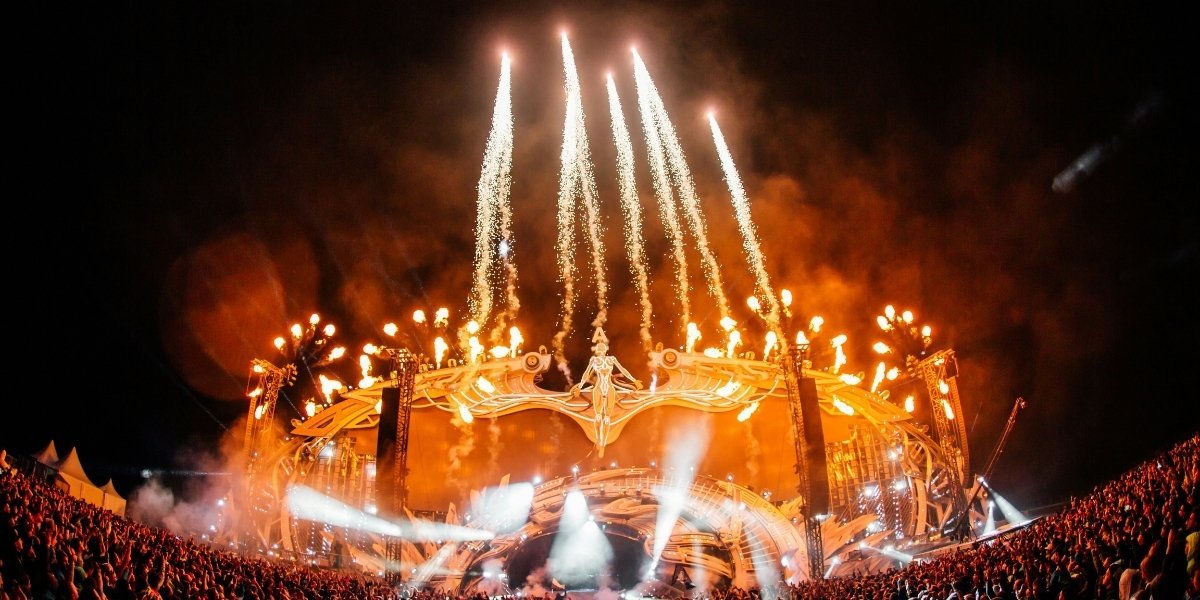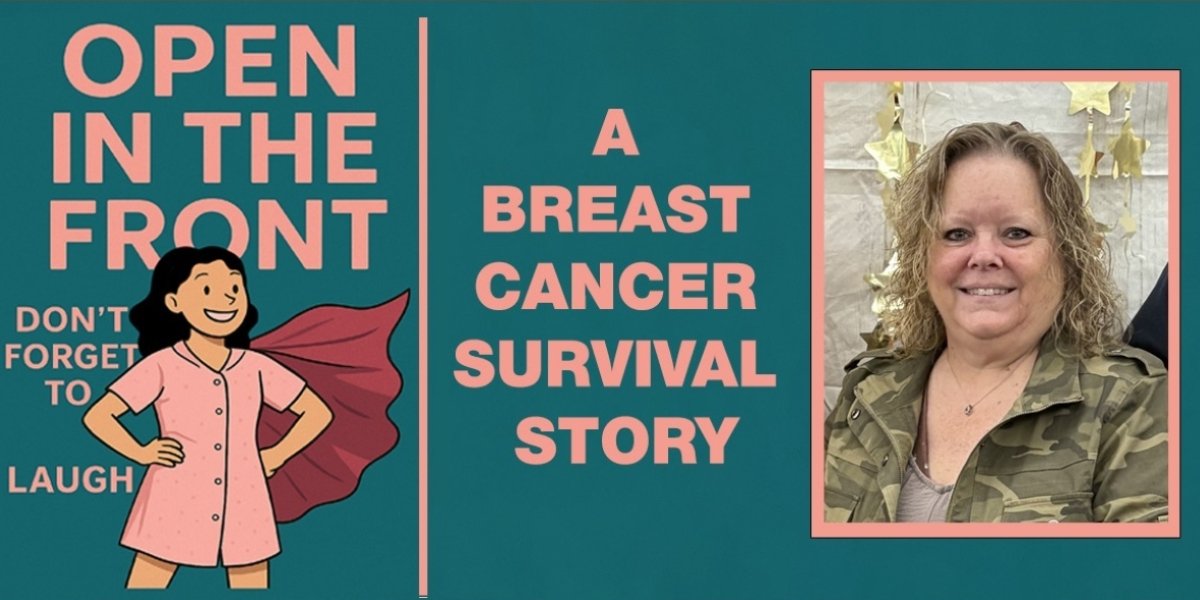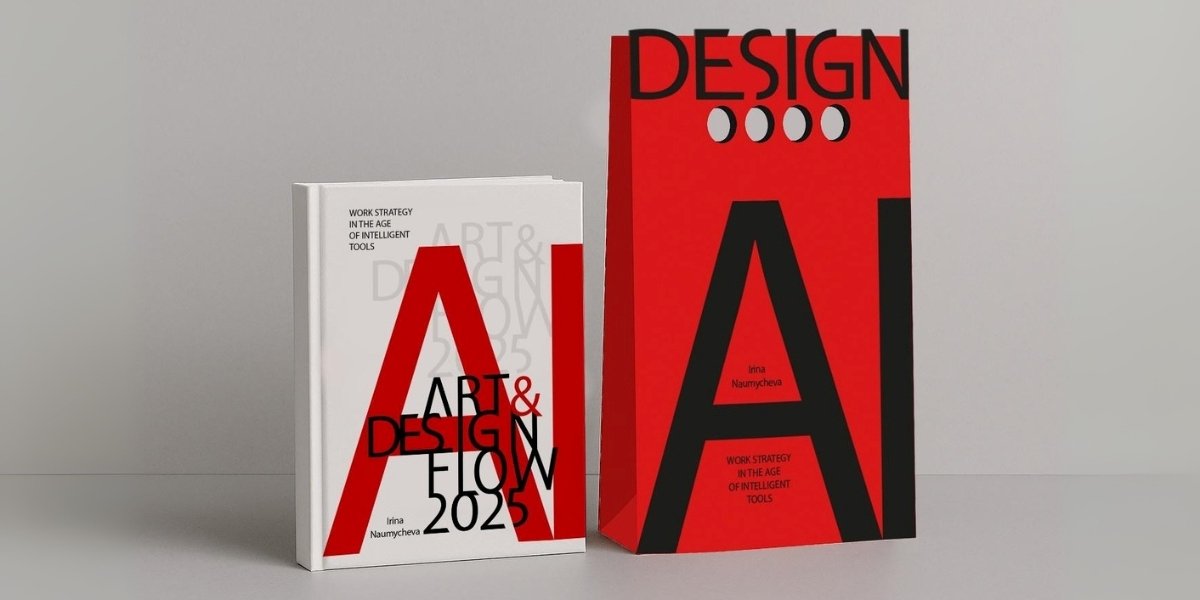By: Ethan Cao
This week, we are honored to feature outstanding pianist and educator Jie Zhu, whose work bridges international performance, high-level mentorship, and cultural advocacy. A frequent soloist at major venues including Carnegie Hall, Zhu is also a Steinway Educational Partner and a leading faculty member of the Rising Star Program. Her students have gone on to win international prizes, and her recent research—published in Educational Research and Reviews—contributes to the global conversation on innovation in piano education. She has also served as a judge for major competitions such as the Sound of Music Australian International Music Competition, and continues to lead community-based outreach programs that bring classical music to new audiences. In this exclusive interview, she reflects on the power of music, the evolving landscape of classical performance, and her vision for the next generation.
Your performances have been described as having “both technical precision and poetic feeling.” How did you develop your personal style? Who or what has influenced you most?
I began piano training at age five, grounded in a rigorous technical foundation shaped by strict early instruction. Later, my studies in the U.S. deepened my focus on musicality and artistic individuality. Influenced by artists like Argerich and Zimerman, I’ve developed a voice that blends structural precision with emotional fluency—something that has become a signature of my performances worldwide.
You’ve performed at Carnegie Hall and other major venues. Is there one performance that was especially memorable? How did the audience or critics respond?
One unforgettable moment was performing Mendelssohn’s Songs Without Words at Carnegie Hall. A mother approached me afterward in tears, saying the music reminded her of her late daughter, who also played piano. Moments like that remind me of music’s quiet power to connect, comfort, and speak when words fall short. It was an evening I’ll never forget—for both the depth of feeling shared, and the way the music found its way into people’s hearts.
You’re known as both a pianist and a Steinway Educational Partner. How do you balance performing and teaching? Do these roles influence each other?
My work as a performer and educator constantly feed into one another, each deepening the other in meaningful ways. My concert experience brings authenticity and insight to my teaching, while working with students sharpens my own artistic clarity. As a Steinway Educational Partner, I’ve led programs that bridge advanced training with real artistic goals—many of my students have gone on to win international prizes and perform on major stages. Over the years, I’ve also developed a structured pedagogical approach that emphasizes both technical discipline and expressive freedom. This has led to invitations to give masterclasses and workshops in the U.S. and China, where I share strategies for shaping musical identity and stage presence. I see teaching not just as instruction, but as artistic mentorship—nurturing each student’s unique voice with professional rigor.
You’ve joined outreach programs like “Side by Side.” How do these experiences reflect your mission as a musician and educator?
Programs like “Side by Side” allow me to bring classical music into schools and communities that rarely experience it live. I see this as part of my responsibility—not just to perform or teach, but to use music as a form of connection and care. For me, excellence in music also means giving back. In recent years, I’ve collaborated with community centers and arts nonprofits to design customized outreach events—especially for young students, immigrant families, and underserved neighborhoods. These programs often include live performance, open rehearsal, and interactive elements that invite participation rather than passive listening. I believe making classical music more visible and accessible is key to its future. It’s not just about performing for an audience—it’s about building trust, curiosity, and long-term cultural engagement.
As an internationally recognized artist, how do you hope your music connects cultures and contributes to the classical music world today?
I often program both Western classics and works by Asian composers to reflect my cultural background. Whether at Carnegie Hall or in international masterclasses, I aim to show that classical music transcends language and borders. My goal is to help shape a classical music world that honors tradition while embracing global voices.
You’ve served as a judge in several international competitions. How has this shaped your view on performance and young talent? Any advice for aspiring musicians?
Serving as a judge for international competitions like the Sound of Music Global Series has been both an honor and a responsibility. Being selected to join juries alongside distinguished colleagues reflects recognition of my interpretive expertise and artistic values. These experiences have deepened my belief that great artistry isn’t just about precision—it’s about voice, risk, and authenticity. In my evaluations, I often advocate for young musicians who show emotional honesty and creative identity, even if their technique is still evolving. I believe competitions should not only reward refinement, but also encourage originality. My advice to young artists is this: don’t rush to impress—develop your voice with patience, discipline, and curiosity. That’s what makes a career last.
As global exchange grows, what trends do you see in classical music? How do you plan to adapt as a performer and educator?
I see classical music evolving toward more personal, cross-cultural expression and deeper integration with technology. I’ve embraced this through premiering contemporary works, curating interdisciplinary concerts, and developing AI-assisted teaching models. I also published a paper on this topic in Educational Research and Reviews, contributing to the global conversation on innovation in piano education. I believe artists today must not only preserve tradition, but actively help reshape its future.
Looking ahead, what are your goals in the next three to five years? How do you plan to further promote classical music?
In the next few years, I hope to expand my international performances, collaborate with other leading artists to offer masterclasses, and invest more deeply in the Rising Star Program to create meaningful opportunities for young musicians. I also plan to lead more community-based music projects that bring classical music to broader and more diverse audiences. Beyond individual initiatives, I’m working toward building an international platform that connects performance, mentorship, and cultural exchange. This includes developing curriculum frameworks, mentorship pipelines, and artistic residencies for young talent across borders. My goal is to help shape a generation of musicians who are not only technically equipped, but also culturally fluent, socially aware, and artistically fearless. For me, promoting classical music means building platforms—for excellence, for access, and for the next generation.
Disclaimer: The information presented in this article is based on publicly available sources and statements provided by Jie Zhu. While efforts have been made to verify the claims made, we recommend readers to independently verify any specific details, particularly those concerning the achievements and recognitions mentioned.
















